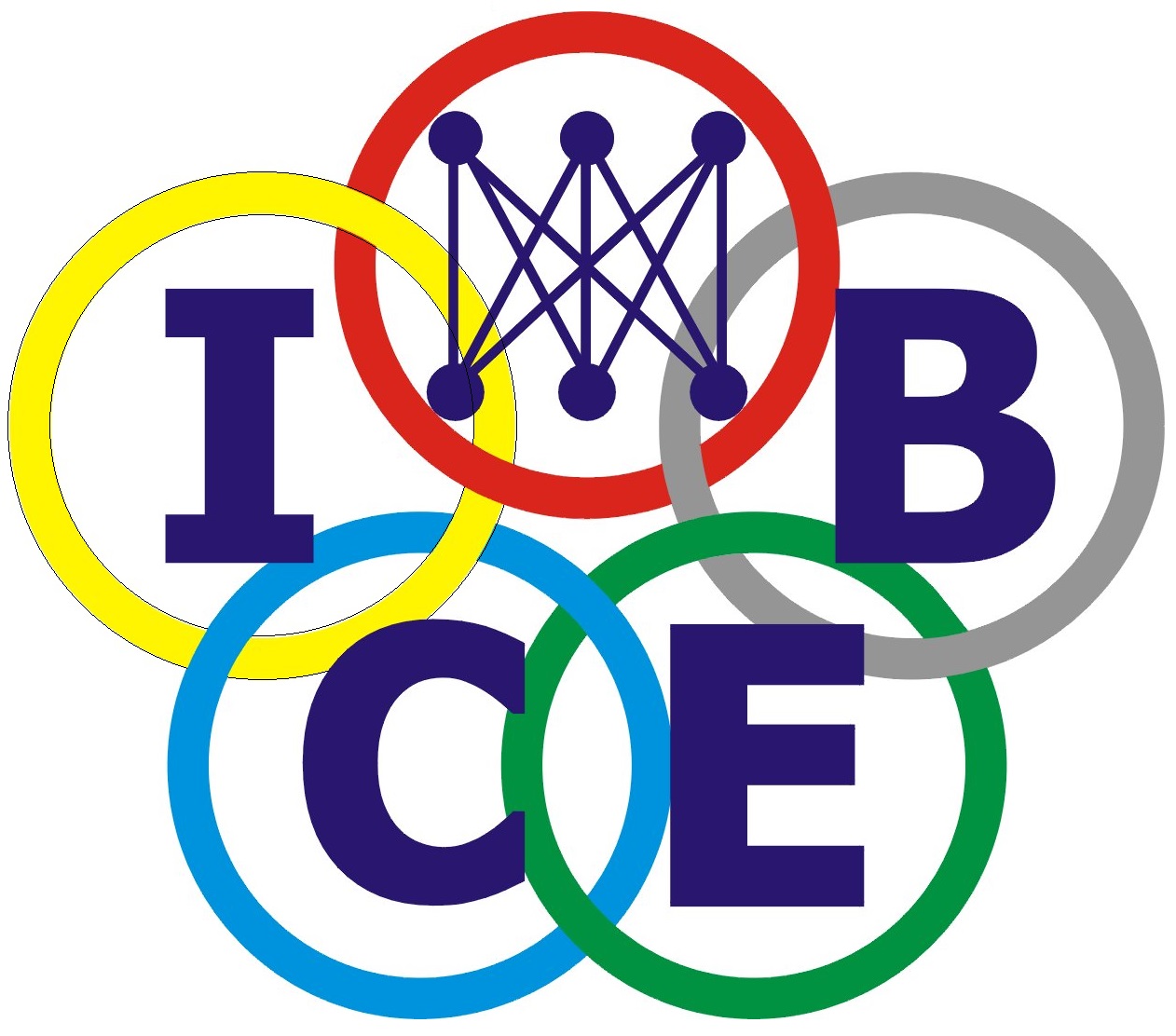Document Type
Article
Abstract
The expansion of global education has created a new market for the e-education industry. Many universities have introduced distance learning programs and are trialling elearning tools to support this expansion. Certain curriculum is more suited to the application of e-learning. The curriculum associated with the teaching of Enterprise Resource Planning (ERP) systems is one such area.
ERP systems offer a software-based system that handles an enterprise’s total information system needs in an integrated fashion. Many universities have joined alliances with ERP vendors to allow the integration of ERP systems into their programs. This paper outlines the experiences of Victoria University in offering ERP education through a strategic alliance with the ERP vendor, SAP. The University is extending its offshore programs by offering ERP education in the Asian region and has developed an Elearning model to assist this expansion. The ERP elearning model blends synchronous and asynchronous content. Asynchronous e-learning does not involve the presence of a teacher. Typically the learning content is located on a web server that students can access using the Internet. Synchronous e-learning requires the learner and teacher to be present in the event at the same time. It is a real-time, instructor-led online learning event in which all participants are available at the same time and can communicate directly with each other. The model uses four technologies to facilitate teaching: application service provision (ASP), web-CT, computer-based training and virtual classroom technology. The ERP e-learning model provides an innovative and efficient means to deliver ERP curriculum. It is able to provide greater flexibility in offshore subject delivery and to maximise student learning outcomes. This is particularly relevant in light of recent international medical (SARS) and terrorists incidents
Recommended Citation
McCarthy, Brendan, "Extending an E-Learning Model into Enterprise Resource Planning (ERP) Curriculum" (2003). ICEB 2003 Proceedings (Singapore). 105.
https://aisel.aisnet.org/iceb2003/105


